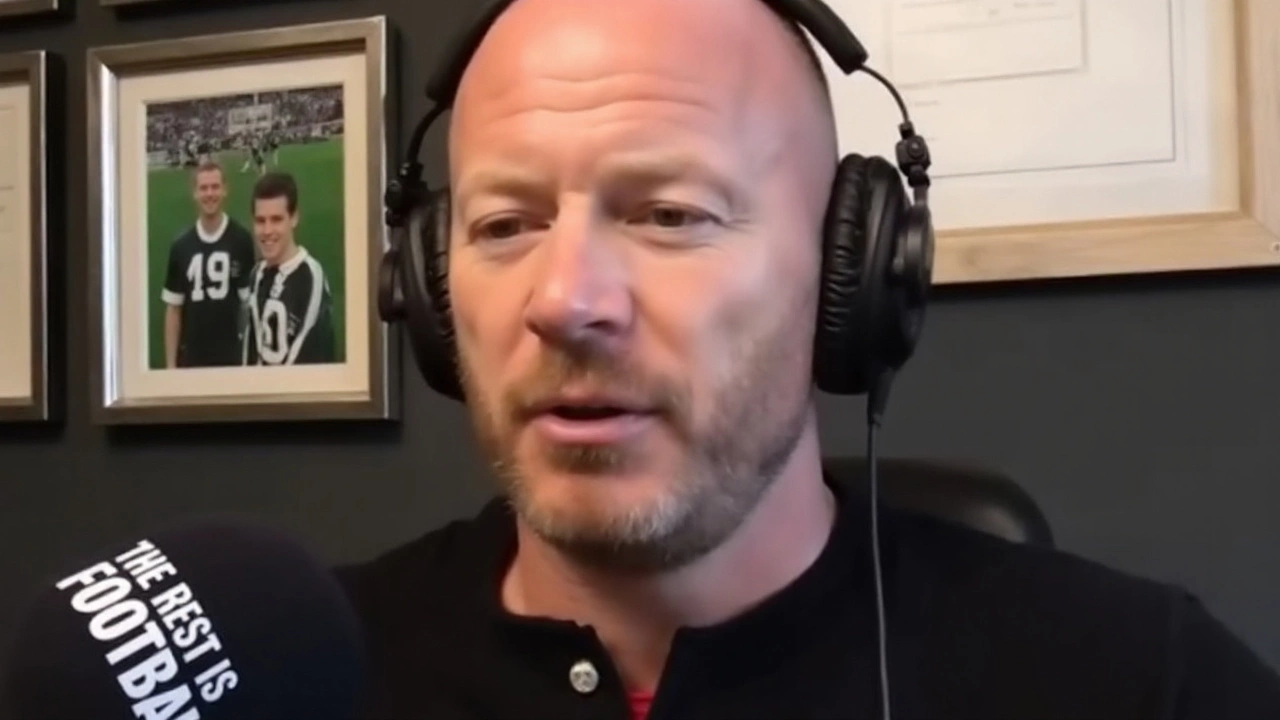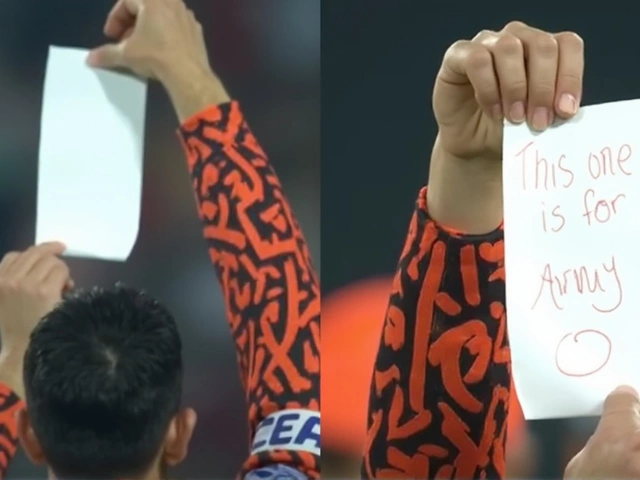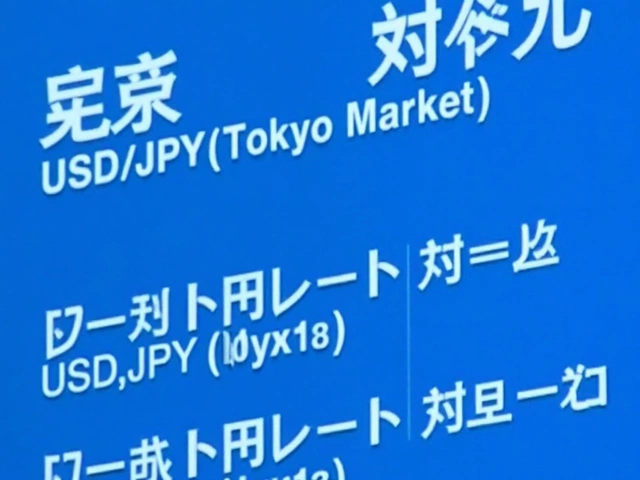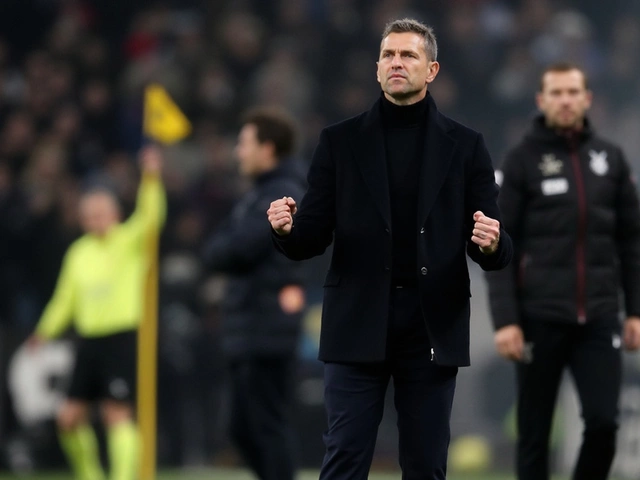Shearer’s blunt verdict and why the comparison falls apart
Alan Shearer didn’t nibble. He bit. Asked on The Rest is Football Podcast whether Alexander Isak is in a situation similar to Trent Alexander-Arnold’s free move to Real Madrid, the Newcastle United legend called it “a stupid question” and then explained why the two cases are miles apart.
His reasoning is simple. Trent Alexander-Arnold grew up at Liverpool, stayed to the end of his contract, trained, played, and left when he was legally free to do so. “You can’t compare them at all,” Shearer said, pointing out that the England international didn’t refuse to train and didn’t refuse to play. In contrast, Isak has three years left on his Newcastle deal. That difference matters more than anything else in this saga.
Reports around the Trent deal have suggested Real Madrid paid a small sum — quoted in some places as £8–10 million — related to training or solidarity mechanisms because of his age. The key point, though, is that he was out of contract and Madrid were not negotiating a transfer fee with Liverpool. Isak’s situation is the opposite: he is firmly under contract at Newcastle, so any move requires a club-to-club agreement at full market price.
That tension is playing out in public. On Tuesday night, Isak posted an Instagram statement saying “broken promises” and declaring his Newcastle career over. The club quickly responded with a firm denial, saying no such promises were made to sell him this summer. Since then, Isak has stopped training with the first team and was left out of the squad for Newcastle’s opening league match against Aston Villa. Liverpool have tested the waters with a £110 million bid plus add-ons, but Newcastle are holding out for closer to £150 million.
Contract reality, Newcastle’s stance, and what comes next
This is where the hard edges of football contracts meet the human side of ambition. Players and clubs sign long deals for security and leverage. When a player excels, he wants to move on his timeline; when a club believes it can build around him, it wants to hold him to the contract. The leverage sits with whoever can wait the longest.
Newcastle’s position is easy to decode. Isak is the spearhead of their attack, a 24-year-old who hit elite numbers last season and fits exactly what the club want to be: quick, technical, and ruthless in front of goal. He is a player you build around, not cash out on, unless the offer is so large it funds an entire reset. That’s why the price tag being floated is huge. Big sales can solve short-term balancing issues under the Premier League’s financial rules, but losing your best striker can also knock a season off course. Newcastle have to weigh both sides.
There’s also the dressing room angle. If a player can force a move by refusing to train, it sets a bad precedent. Most managers, including Eddie Howe, prefer clarity. Either a sale happens quickly and the club reinvests, or the player returns, apologizes, and gets on with it. An extended standoff helps no one.
Liverpool’s interest makes sense on sporting grounds. They’ve been reshaping the squad and looking for an elite-level finisher who can decide tight games. They already have high-level forwards, but adding a striker with Isak’s movement and finishing would change the picture at the top of the pitch. The challenge is price and timing. Pushing towards the £150 million range is a serious call for any club, especially when each extra day of haggling risks missing the early run of fixtures and complicates preparations.
So what, specifically, is different about Isak versus Trent? Three things stand out:
- Contract length: Isak has three years left. That grants Newcastle strong leverage and zero obligation to sell.
- Player conduct: Shearer underlined that Trent didn’t refuse to train or play. Isak has taken a hard stance by stepping away from first-team training.
- Transfer mechanics: Trent’s move didn’t require a transfer fee. Isak’s would be one of the biggest in Premier League history.
It’s worth touching the legal basics. In football, free agents can sign anywhere once their contracts expire, with potential add-ons like solidarity payments filtering to clubs that developed the player. When a player is in-contract, the selling club holds the registration and therefore the power. Release clauses are the exception — if one exists and is triggered, the player can talk to the buying club. No release clause for Isak has been made public, which again strengthens Newcastle’s hand.
Public standoffs like this aren’t new. Riyad Mahrez sat out training sessions at Leicester when he pushed for a move. Harry Kane missed team activities to force the issue at Spurs. Philippe Coutinho’s back flared up when Barcelona circled. Moisés Caicedo handed in a transfer request before he eventually left Brighton — a window later. Sometimes the player gets the move, sometimes the selling club waits and wins time. The outcomes vary, but the blueprint is familiar.
The football side is just as important as the legal one. Isak’s value isn’t theoretical. He has proven Premier League goals, elite movement across the front line, and the ability to receive under pressure, turn, and go. He can play off the shoulder, drop into pockets, or work the channels. That versatility is part of why so many clubs rate him highly and why Newcastle feel so protective of him. Replacing chemistry at the top of the pitch is hard, even with big money in hand.
Money always sets the boundary. Liverpool’s opening proposal of £110 million plus add-ons shows serious interest but also signals a starting point. Add-ons can be structured to help both clubs — immediate cash plus performance bonuses, Champions League triggers, or appearance milestones. For Newcastle, the risk is obvious: if they sell late, they could be scrambling to replace a centerpiece forward with limited time. For Liverpool, delay means lost minutes for a player who would need to integrate quickly.
There’s also the human element. Players talk about promises, clubs talk about strategy, and fans look for consistency. If one side believes a sale was verbally green-lit in a certain scenario — say, missing the Champions League or landing a specific offer — and the other side feels the threshold hasn’t been met, tempers flare. Unless those terms are written into a contract, they’re hard to enforce. That’s why these disputes often end with either a new bid that meets the bar or a reset and reintegration.
What does Newcastle do now? A few routes are on the table:
- Hold firm and insist on full value, even if it means disciplinary steps and a plan to reintegrate the player.
- Invite a final round of bids with a clear deadline, extracting the maximum fee and giving themselves time to buy a replacement.
- Seek a compromise: a slightly lower guaranteed fee with tougher, more achievable add-ons that push the total close to their valuation.
And Liverpool? They can either come back with a stronger package or move on to another target before the window shuts. The clock presses both sides. Newcastle want certainty. Liverpool want a forward in the building and on the grass.
Shearer’s broadside matters because he voiced what many inside the game think about contract dynamics. You don’t compare an out-of-contract exit with an in-contract push. They live in different universes. Whether Isak moves or stays will come down to two things: a number Newcastle can live with, and a path for the player that doesn’t burn the bridge he might still need to cross back over if a deal doesn’t land in time.









Write a comment